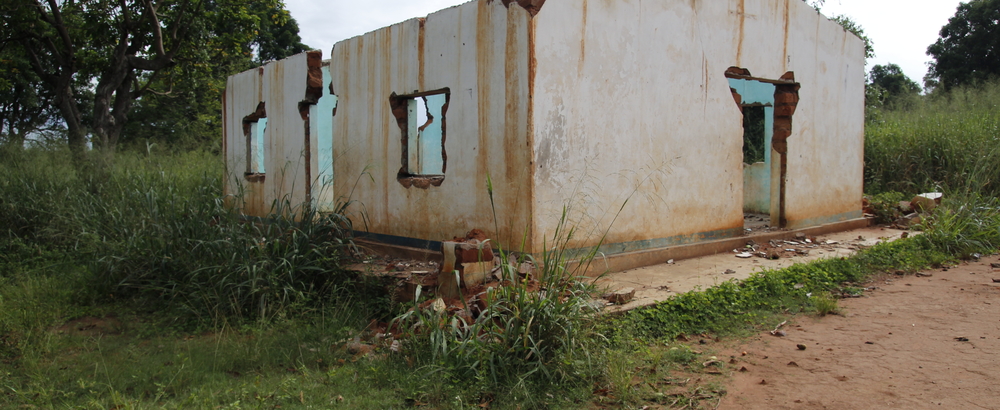DOWNLOAD PDF
THE ISSUE
The current crisis in the Central African Republic (CAR) dates back to 2006, when armed rebel groups launched an incursion into the northeast region of the country. Different militias continue to rob and kill civilians with impunity. Over a million people – 20 per cent of the Central African Republic’s population – is displaced. The country faces one of the worst humanitarian crises in the world, with well over two million people facing starvation according to UN reports. The country’s very weak judicial system is unable to impartially investigate, arrest, and prosecute individuals charged with human rights violations. Despite some small gains, such as the successful formation of Special Criminal Courts, the training and infrastructure for judges and police is alarmingly limited.
The CAR government’s control is limited to the capital of Bangui. Despite the presence of UN peacekeeping forces, violence along ethnic and religious lines continues in both rural areas and in Bangui itself, particularly by Muslims from the north against Christians and animists in the rest of country. A February 2019 peace deal between the government and various rebel groups did not end the violence.
TALKING POINTS
The United States will work with other donors of the Central African Republic to continue providing urgent humanitarian assistance and funding for capacity-building for improved governance. Stability in the CAR will ensure that the country will not serve as a conduit for weapons and armed units to Boko Haram and other armed groups operating in the region.
RECOMMENDATIONS
- Continue financial and technical support for the UN peacekeeping mission (MINUSCA) in the Central African Republic and prioritize funding for the protection of human rights, strengthening the rule of law, and the disarmament, demobilization, and reintegration of former combatants.
- Continue support for humanitarian aid to address the 2.8 million people at risk of starvation.
FOR MORE INFORMATION, PLEASE CONTACT:
Adotei Akwei
Deputy Director, Advocacy & Government Relations
(202) 509-8148
